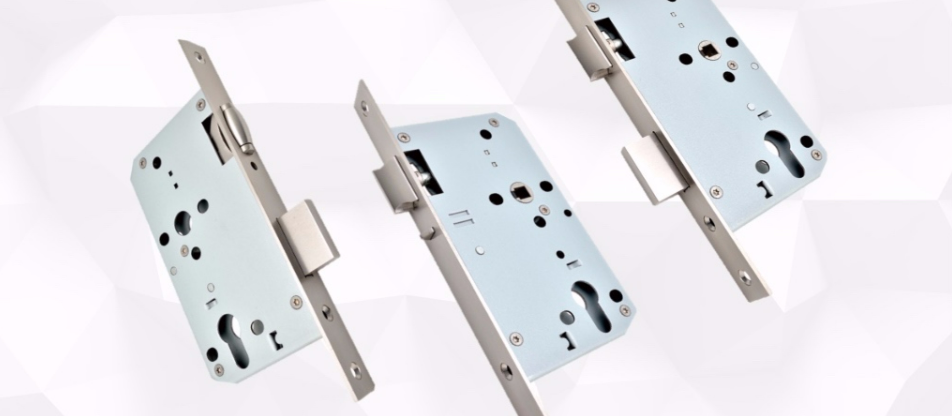When it comes to securing homes, offices, or any other space, the choice of locking mechanism plays a pivotal role. Among the various types of locks available, mortise locks have earned a reputation as the gold standard in door security. Renowned for their durability, reliability, and sophisticated design, mortise locks offer unmatched protection and aesthetic appeal. This blog will delve into what makes mortise locks superior and why they should be your go-to choice for enhanced security.
What Is a Mortise Lock?
A mortise lock is a type of lock that is installed within a pocket, or “mortise,” cut into the edge of a door. Unlike surface-mounted locks, mortise locks are recessed into the door, making them less visible and more secure. These locks are often used in commercial buildings, high-security areas, and upscale residential properties.
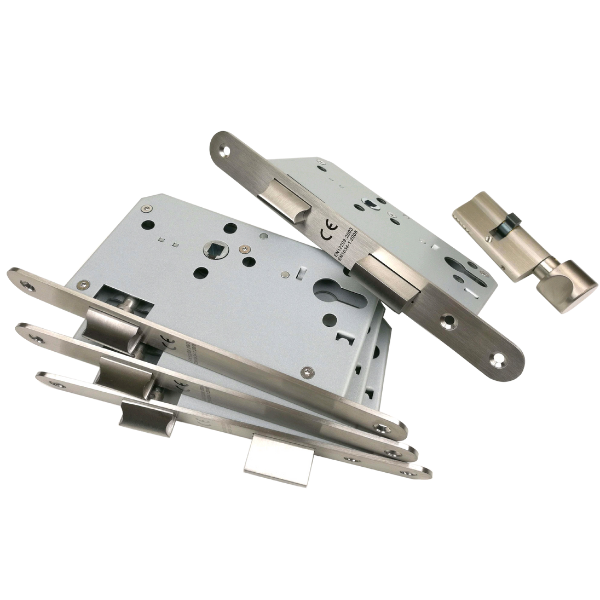
Key Components of a Mortise Lock:
- Lock Body: The main mechanism housed within the door.
- Deadbolt: A solid metal bolt that extends into the door frame to secure the door.
- Latch Bolt: Works with the handle or knob to allow regular operation of the door.
- Strike Plate: Mounted on the door frame to receive the deadbolt or latch bolt.
- Escutcheon Plates: Decorative plates covering the lock mechanism and providing a finished look.
- Lever Handle or Knob: Used to operate the latch bolt.

Why Mortise Locks Are the Gold Standard
1. Unparalleled Durability
Mortise locks are built to last, often crafted from heavy-duty materials like brass or steel. Their robust construction ensures they can withstand repeated use and resist tampering, making them ideal for high-traffic areas.
2. Enhanced Security Features
Mortise locks provide superior security due to their complex internal mechanisms and deep installation within the door. Key security features include:
- Dual Locking Mechanism: The combination of a latch bolt and deadbolt offers double protection.
- Tamper Resistance: The recessed design makes it difficult for intruders to manipulate or force the lock.
- High-Quality Cylinders: Mortise locks often incorporate advanced cylinders resistant to picking, drilling, and bumping.
3. Versatility
Mortise locks are highly versatile and can accommodate various door types, including:
- Wooden doors
- Metal doors
- Glass doors with frames
Additionally, they are available in multiple finishes, styles, and configurations, allowing them to blend seamlessly with different architectural designs.
4. Customizability
Mortise locks can be tailored to specific security needs and aesthetic preferences. Customization options include:
- Different backset dimensions (distance from the door edge to the lock mechanism).
- Various handle designs, such as levers or knobs.
- Integration with smart lock technology for added convenience.
5. Compliance with Safety Standards
Most mortise locks meet or exceed safety and performance standards, such as:
- ANSI/BHMA Grading: Mortise locks often achieve Grade 1 certification, indicating the highest level of security and durability.
- Fire Rating Certifications: Many models are fire-rated, making them suitable for use in fire doors.
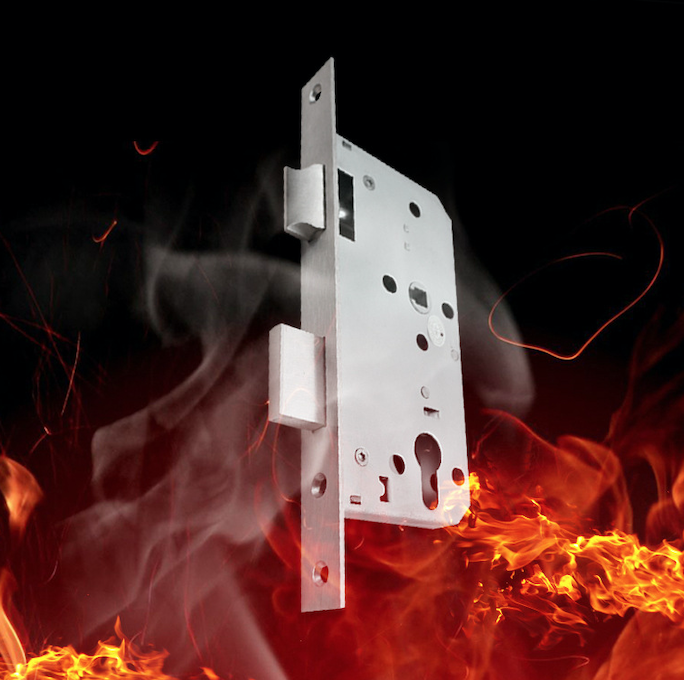
Applications of Mortise Locks
Mortise locks are a versatile choice for a wide range of settings. Here are some common applications:
- Residential Use:
- Front doors, where maximum security is essential.
- Internal doors in luxury homes to maintain a cohesive design.
- Commercial Buildings:
- Office entrances and conference rooms.
- High-security areas like server rooms or archives.
- Hospitality Industry:
- Hotel rooms and suites for both security and aesthetic appeal.
- Back-of-house areas to restrict access.
- Public Buildings:
- Schools, libraries, and government offices.
- Emergency exits fitted with fire-rated mortise locks.

How to Choose the Right Mortise Lock
Selecting the right mortise lock involves considering various factors to meet your specific needs. Here’s what to keep in mind:
1. Security Requirements
Determine the level of security needed for your space. For high-security areas, choose a mortise lock with advanced features like anti-pick cylinders and reinforced deadbolts.
2. Door Type and Size
Ensure the lock is compatible with the door material, thickness, and style. Most manufacturers provide detailed specifications to help you make the right choice.
3. Design and Finish
Select a design and finish that complements your door and overall decor. Popular finishes include polished brass, satin nickel, and matte black.
4. Ease of Installation
While mortise locks require professional installation due to their complexity, some models are designed for easier retrofitting. Check whether the lock’s dimensions match your existing door setup.
5. Budget
Mortise locks are an investment in security and style. Prices vary based on the lock’s features, materials, and brand. Consider your budget without compromising on quality.

Maintenance Tips for Mortise Locks
To ensure your mortise lock remains functional and secure, regular maintenance is crucial. Here are some tips:
- Lubricate Moving Parts: Use a graphite-based lubricant to keep the internal mechanism running smoothly.
- Inspect for Wear and Tear: Regularly check for signs of damage or corrosion and address issues promptly.
- Test Functionality: Periodically test the lock’s operation to ensure all components are working correctly.
- Clean Exterior Components: Wipe down the escutcheon plates and handles with a soft, damp cloth to maintain their appearance.
- Rekey or Replace When Necessary: If you lose a key or experience a security breach, rekey or replace the lock immediately.
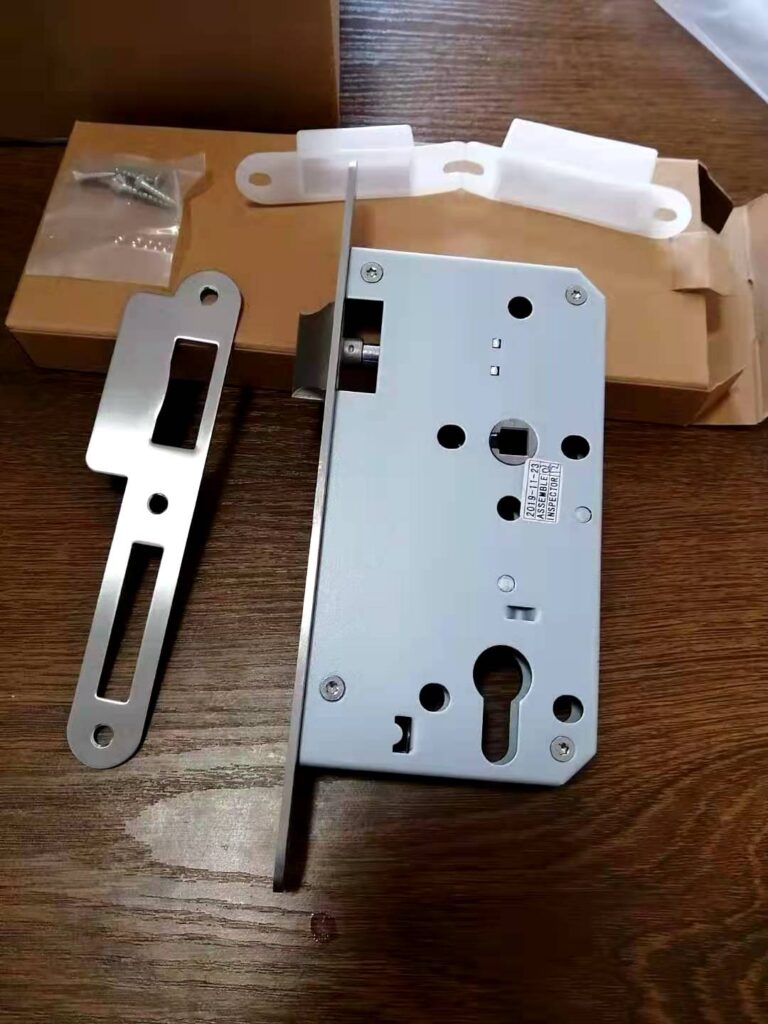
Common Myths About Mortise Locks
1. Myth: Mortise Locks Are Outdated
While mortise locks have been around for centuries, modern advancements have made them more secure and stylish than ever. Today’s mortise locks often incorporate smart technology and sleek designs.
2. Myth: They’re Too Expensive
While mortise locks are generally pricier than cylindrical locks, their durability and security make them a cost-effective choice in the long run.
3. Myth: Installation Is Too Complicated
Though professional installation is recommended, many locksmiths and contractors are well-versed in installing mortise locks, ensuring a hassle-free process.
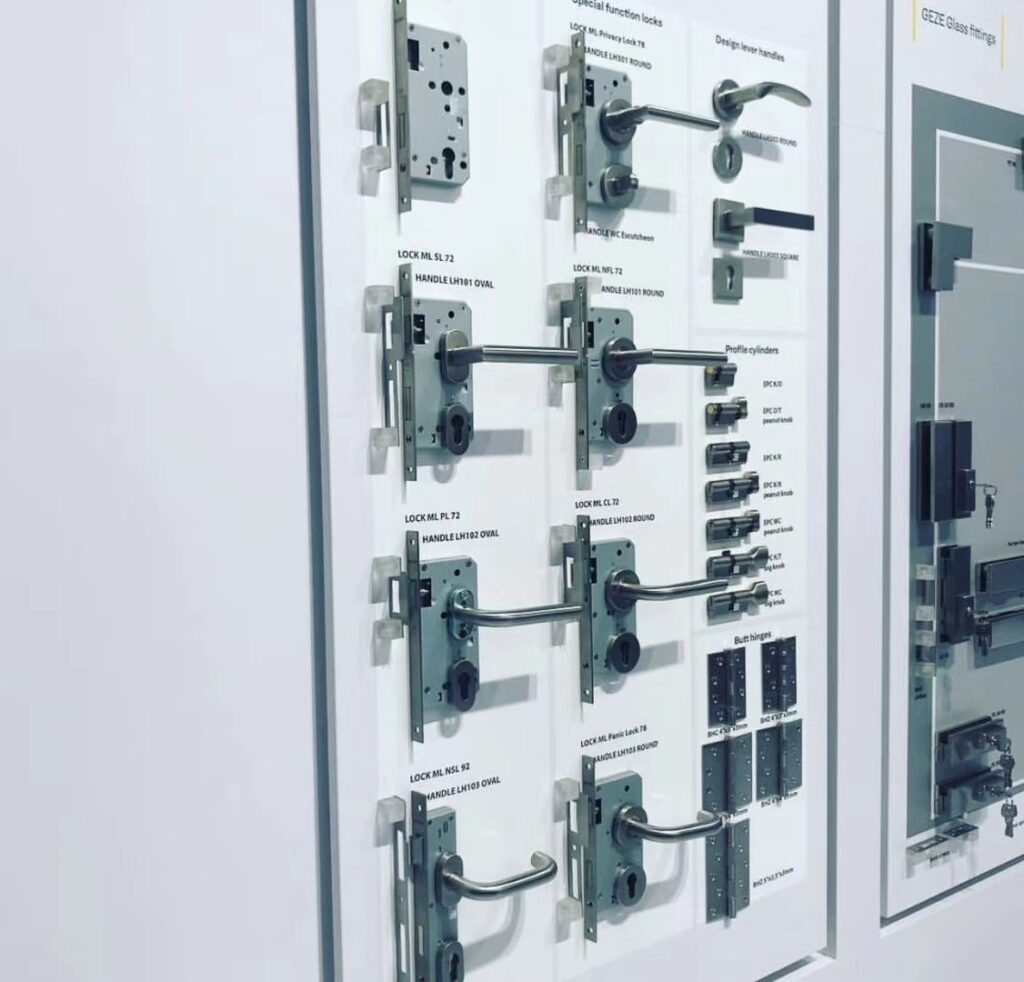
Conclusion
Mortise locks are the epitome of strength, style, and sophistication in door security. Their robust construction, advanced security features, and versatile designs make them the preferred choice for those who prioritize safety and aesthetics. Whether you’re securing a residential property, a commercial space, or a public building, investing in a high-quality mortise lock is a decision you won’t regret. Choose mortise locks for unparalleled peace of mind and long-lasting performance.

